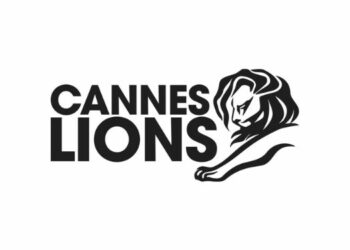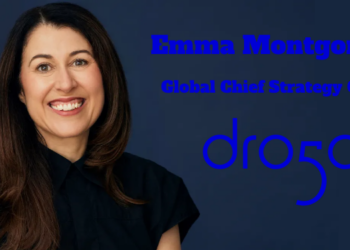Following the massive mergers of Comcast/Sky and Disney/Fox, one in every five dollars spent on content worldwide will now be spent by these two entities alone. And this concentration of spend becomes even more stark when focusing purely on the US – the proportion of US content spend controlled by Comcast/Sky and Disney/Fox jumps to nearly two in five content dollars.

Once the dust has settled from the mergers, overall spend on content will be almost even between the two new companies. By Ampere’s estimates, the combined projected content spend between the two is set reach $43bn – with Disney/Fox spending $22bn per year on originated and acquired content and Comcast/Sky spending $21bn by the end of 2018. This is more than the combined outlay of the next ten largest content spenders in the US including OTT platforms Netflix and Amazon.
To some extent, the increasingly level of consolidation is a reaction to the increasing power of online video platforms. Companies such as Netflix and Amazon continue to invest significantly in content, a trend which shows no signs of slowing down. We expect Netflix to spend over $8bn on a P&L basis by the end of 2018, and the streaming giant has repeatedly stated it will continue to increase its content budget. Prior to the recent mergers, Netflix was on course to catch and overtake the top Hollywood studios in terms of content spend – however, in light of the two new combined entities, Netflix would now be required to nearly triple its spend to achieve this.
This added financial might for the incumbent broadcast and studio groups helps strengthen both entities’ positions in the global market, as well as adding protection against the rising strength of online video. Each entity controls an increasingly vast library of original content ready to be exploited through direct-to-consumer offers. Disney has already indicated it will stop licencing content to Netflix in favour of its own direct to consumer offer, a service which will have even greater appeal with the addition of Fox assets.
However, one other implication of this consolidation is the effect it could have on independent producers. With a shrinking number of content acquirers in the market, the competition for rights diminishes – this in turn will impact the indie sector’s ability to negotiate favourable deals.

















